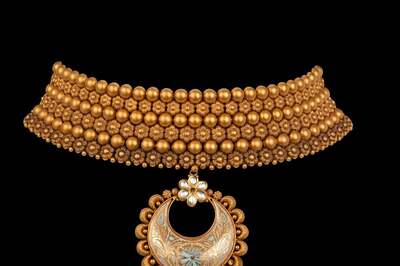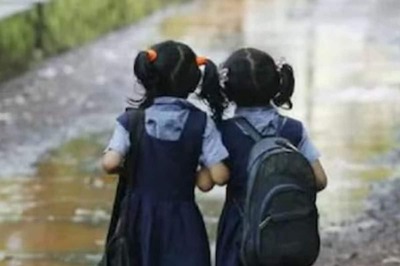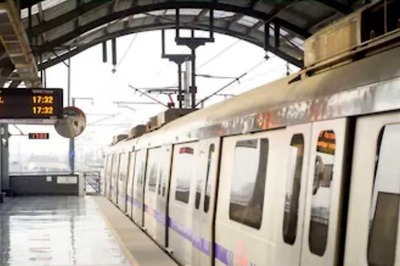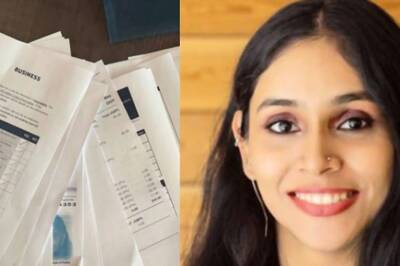
views
CHILPANCINGO, Mexico: For Ben Yehuda Martinez, head of forensic services in the violence-torn Mexican state of Guerrero, there is more to celebrating Day of the Dead than arranging a colorful altar with flowers and photos.
It means trying to identify 428 bodies currently unclaimed at the state’s forensic cemetery, most of them victims of crime.
“Trying to find out their identities … that’s the greatest recognition we can get on the Day of the Dead,” Martinez said at one of Mexico’s newest facilities for unidentified bodies.
The latest official count of people listed as disappeared reached 73,000 this year. Most are believed to be victims of drug cartel turf wars, casting a shadow over the typically festive Nov. 1-2 Day of the Dead holiday.
For families who spend months or years searching for vanished relatives, the possibility of death is often hard to accept, said Arturo Gerardo Cervantes, a forensic adviser for the International Committee of the Red Cross (ICRC).
“They never lose hope of finding their loved ones alive,” he said.
Still, once there is proof, it can bring closure.
For one family looking for a missing young woman, that proof came from her feet. Relatives fondly recalled how she would put up her feet on the coffee table while watching television.
About 60%-70% of the dead examined by Guerrero’s forensic team are shooting victims. Others died in incidents ranging from natural disasters to car crashes. Workers are at pains to treat them with dignity.
On Friday, a priest led a ceremony to commemorate their lives alongside a wreath of golden marigolds, the traditional Day of the Dead flower, before sprinkling holy water upon numbered compartments stacked four rows high.
The scene was a contrast to those playing out at ordinary cemeteries around Mexico, where families pay tribute to deceased relatives with festive picnics and elaborate decorations.
The cemetery opened in 2017 to relieve overcrowding at forensic facilities caused by record levels of violence.
With ICRC assistance, officials designed the site to accommodate bodies individually, rather than putting several into one grave. The facility holds up to 1,120 in individual tombs.
Each has a plaque with a person’s case number, so families can easily retrieve bodies once they are identified.
That requires specialists in matching distinguishing features such as teeth, fingerprints, birthmarks and DNA. Such people are in short supply.
“Here the violence truly, like everywhere else, hasn’t slowed down … bodies arrive every day,” Martinez said. “This is a never-ending story.”
Disclaimer: This post has been auto-published from an agency feed without any modifications to the text and has not been reviewed by an editor
Read all the Latest News and Breaking News here




















Comments
0 comment